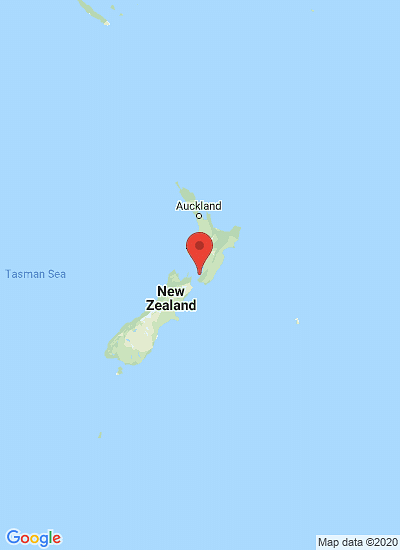Some of New Zealand's potato chips brands (Courtesy: Stuff / Andy Jackson)
New Zealand Potato Chips market is growing 15 percent annually, driven by premium segment

According to Potatoes New Zealand, domestic sales of potato chips have grown by about 15 percent each year over the past three.
Its chief executive Chris Claridge said New Zealanders spent NZD 157 million (USD 112 million ) on potato chips in 2015 – the equivalent of more than NZD 30 per person.
When coupled with the $16m in exports, potato chips made one-fifth of the revenue for New Zealand's potato industry, worth $814m.
But no longer are fans of the crispy snack content with the traditional flavours of ready salted, chicken, green onion and salt and vinegar. Supermarket shelves are bulging with packets boasting chips tasting of chilli and lime, vintage cheddar, caramelized onion and balsamic vinegar, Greek tzatziki. Did anyone try the paua fritters with lemon wedges? Claridge said the chip market as developing in a similar patter to that seen with craft beer.
Chris Claridge:
"It's very similar to the craft beer market. Craft crisps is developing, with multiple flavours. You get a lot of choice and a wide variety."
Claridge said volume had also grown over that period, which reflected trends worldwide.
Chris Claridge:
"That's especially with the speciality flavours, particularly in the UK."
He was confident supply could keep up with rising demand.
Chris Claridge:
"We had a good season last season and we're in the middle of the planting season now. The conditions are as good as they can get."
But Eta, the company which sells Spuds and Kettles chip varieties, has become so concerned it has scrapped all supermarket specials for an undisclosed period.
A spokesman confirmed the company, owned by Griffins, had made the move "in order to protect supply and maintain our quality standards".
Plans would not change "until we are confident that we have a robust forward supply of new season potatoes over the next few weeks," he said.
Eta would not confirm exactly what had created its short supply of potatoes, citing only "variable conditions".
These could "have an impact on the availability and quality of potato stocks and the speed at which we can make chips".










